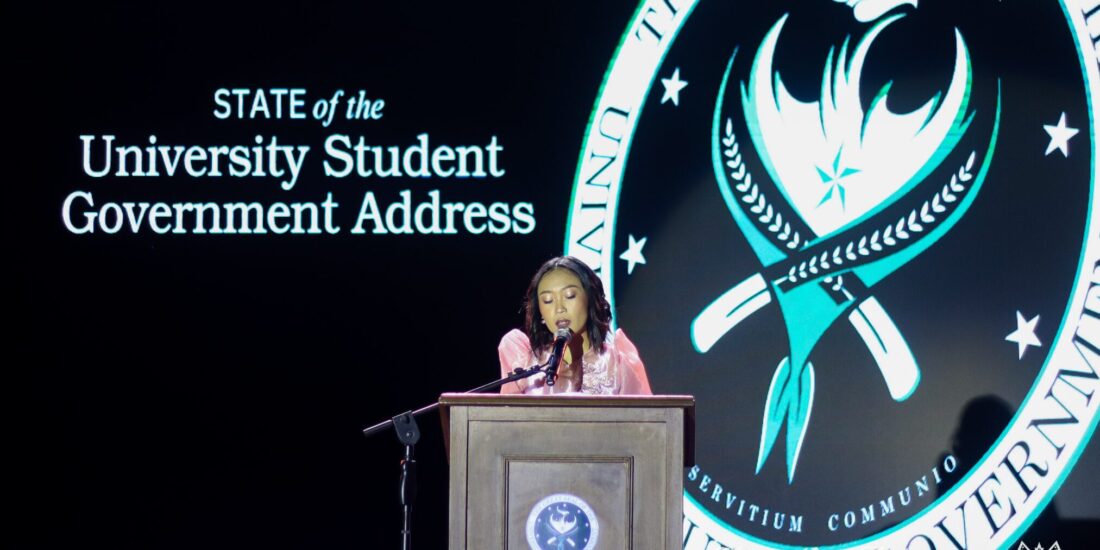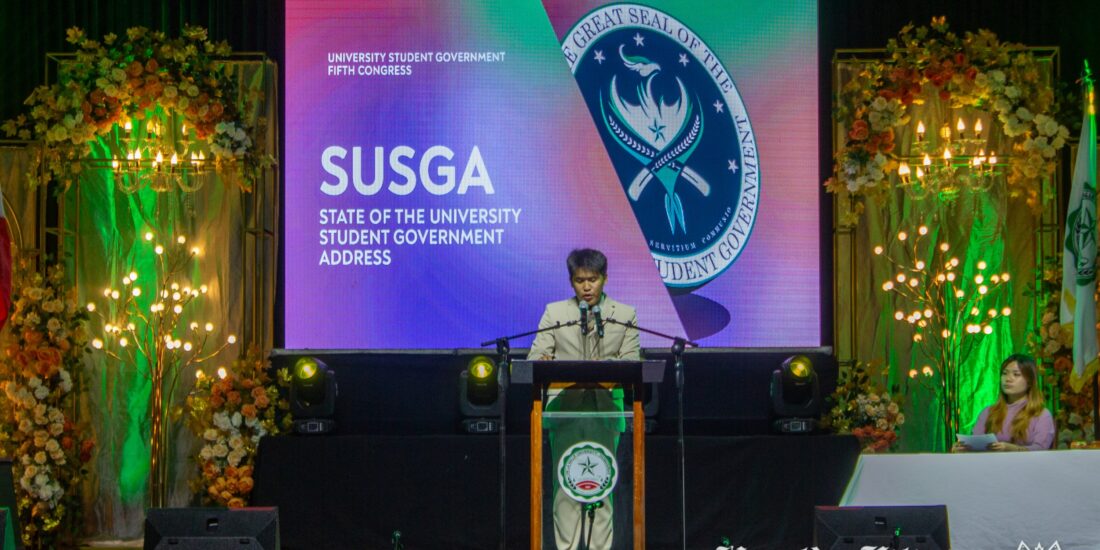USG Constitution Plebiscite: What happens next?
Why is there another plebiscite?
The incumbent 2018-2019 USC, with aid from the Student Commission on Election (SCE), is conducting another due to the invalidated proposal held by the former AY 2017-2018 USC last academic year (AY), yet the functions remain: to distribute the functions and duties of the highest student-governing body.
For further information on the University Student Government, read here. For a brief comparison of the changes between the current USC and the proposed USG constitutions, read here.
Students’ right to vote
As per Article XIII Section 1 of the current 2013 Amended USC Constitution, “Any amendment or revision of this constitution shall be valid upon ratification of a majority of the votes of the students during the plebiscite called for such purpose,” concerning the ability of the students whether the draft will proceed to its approval or not. While the same is stated as such in Article XIV Section 1 of the proposed USG Constitution: “The ratification of the majority of votes cast by the students in a plebiscite shall be sufficient for the establishment of this Constitution.”
Ultimately, the 7,132 undergraduate students who have a voice in the proposed changes that will affect the generations of students to come, particularly the approximately 2,000 freshmen who will be directly affected by the shift.
What happens next?
Majority votes YES
The newly approved USG Constitution will take effect on June 15, 2019 and will replace all previous constitutions. In the effective transition to the USG, a Transition Student Government Commission (Transition Committee) comprised of incumbent officers of the USC, College Student Councils (CSC), and Program Councils (PC), will be formed in charge of creating a Transition Plan for each of their respective bodies under the student government.
In lieu of the University Student Elections this AY, the Transition Committee for each bodies will also be appointing officers to the Transition Student Government next AY 2019-2020:
For the USG:
- USC Executive Board
- USC adviser
- Student Development and Activities Office director
- Office of Student Services (OSS) dean
For the seven CSGs:
- CSC Executive Board
- college associate dean, or CSC adviser in the absence of the associate dean
- college dean
For Program Councils:
- PC Executive Board,
- PC adviser
For the Congress: CSC Executive Board
- PC Executive Board, Council of Student Organization
- Performing Arts Group
- International Students’ Association
- Auxiliary Student Groups
The CSCs shall assign two Senators from each college while the rest will appoint one member from each undergraduate program as members of the House of Representatives.
Elected senators from each college will be divided into first and second classes. First class senators will be vacated upon a 6-month period before expiration. On the other hand, second-class Therefore, senators in the second class that have a duration of office in one year that will occupy the first-class seats and vacating the second-class seats for another set of senators that will be chosen.
Upon the first 100 days of the USG, students will be allowed to propose enactments and amendment of laws stated in the Constitution as the congress will provide initiatives and referendums.
While the same revision will follow with other policies directly under the student government such as the SCE 2016 Amended Student Election Code (E-code) – to make fit with changes on provisions covered by the USG, as raised by the SCE during the Constitutional Commission, stating that certain provisions of the USG Constitution are in conflict with the E-code, “If the USG constitution gets approved [by the student body], there will be a revision of the E-code,” OSS Dean Arch. Antonio Gutierrez explained.
Each college dean will recommend three students to the USG President who will decide—along with a Judicial Advisory Council comprised of the Attorney General, Chair of the Committee on the Judiciary of the House of Representatives or the Solicitor General, University Student Election Commission commissioner, Peer Assistance Program President, and one student each from the Political Science and Criminology programs—who will be Justices of the High Court.
For succeeding AYs
The first primary elections with one candidate for presidency from each college shall be held on December 2, 2019, while the first general elections will be on May 11, 2020 wherein candidates are selected from the top two votes casted during the primary elections.
During the general elections, the Vice President will be selected from a roster of accepted candidates for President during the primary elections.
After five years since ratification of the USG Constitution draft, only will then necessary amendments, or revisions, to the constitution may be proposed.
In summary
-
- No University Student Elections will be held in transition to the USG next AY 2019-2020.
- The USG constitution will be effective starting June 15, 2019.
- A Transition Student Government Commission will be formulated whose purpose is to appoint officers in the Transition Student Government.
- The 14 senators will begin their office on June 15 where there are divisions of first and second class seats.
- First class senators have a 6-month period that will afterwards be occupied by second class seats during the next election of the new 7 senators for second class.
- The first primary elections will be on December 2, 2019, while the first general elections on May 11, 2020.
- The SCE E-code will be revised accordingly with the electoral processes as stated in the USG Constitution–or the Omnibus Student Election Code.
- No amendments or revisions may be proposed on the USG Constitution within five years of its ratification.
Majority votes NO
The current 2013 Amended USC Constitution will be retained, meaning there will be no fundamental changes in the structure of the USC: the executive board comprised of the President, Vice President, Secretary, Treasurer, Auditor, Business Manager, and Public Relations Officers, and the legislative board composed of presidents of each of the seven CSCs will remain as is.
As of press time, the SCE is awaiting the result of the plebiscite and is unable to disclose the schedule for the AY 2018-2019 University Student Elections.





